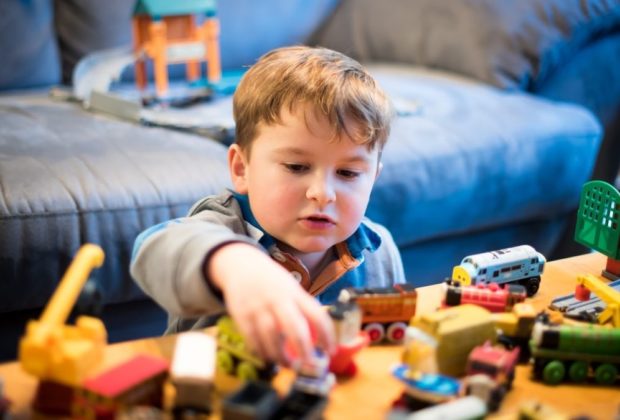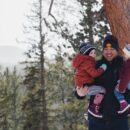Does my child have Autism? This is a difficult question to ask yourself, but it's also an important one. There is more help now than ever before for children with autism. However, the first step is to figure out what's going on.
What Is Autism?
Autism spectrum disorder (ASD) is a developmental disorder characterized by difficulty with communication and social skills as well as restricted or repetitive thoughts and behaviors. Children can fall all along the spectrum. Some will be only mildly affected and others more profoundly impacted.
The Signs of Autism
There are a number of common signs of ASD in children. These may first come up at quite a young age, sometimes being observed at less than a year old. As the child grows, more signs will become apparent. Keep in mind that each child with ASD is unique. No two children will have the same pattern of signs.
Communication
The child may...
- avoid eye contact with caregivers.
- not answer to his or her name when called, or may not react when their name pops up in conversation.
- not speak with age-appropriate grammar and vocabulary, or may not speak at all.
- speak in an unusual tone or rhythm.
- not wave hello andgoodbye.
- seem to misunderstand or not even notice others' facial expressions.
- use inappropriate facial expressions or not express much at all.
- not be able to name his or her feelings.
Social Skills
The child may...
- avoid being picked up or cuddled.
- ignore what you're pointing at or not follow your line of sight.
- not laugh along with others.
- show little interest in imaginative play.
- not interact with other children.
- struggle with making friends.
Thoughts and Behaviors
The child may...
- bevery intolerant of changes in routine, such as moving bath time to earlier in the day.
- not tolerate changes in home decoration or furniture layout.
- repetitively line up or spin toys, rock in place, or tap fingers and toes.
- repeat words and phrases.
- struggle to explain to you what he or she wants.
- be prone to getting overwhelmed and have emotional meltdowns.
- not seem to 'get' jokes, sarcasm, or idioms.
- strongly dislike certain sounds like the vacuum cleaner or certain textures such as woolen clothing.
- have one or two narrow interests to the exclusion of everything else.
What Next?
If you are still asking yourself “does my child have Autism?” or your child does have ASD, the sooner you can get them diagnosed, the sooner they can get help. Kids with ASD can learnmissingskills, grow in healthy ways, and reach their full potential. However, this takes the right support structure. If you seesome of the signs above in your child, talk to their pediatrician about your concerns. That's the first step in an important journey for you both.





















